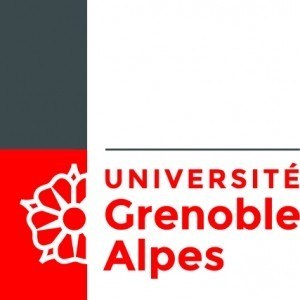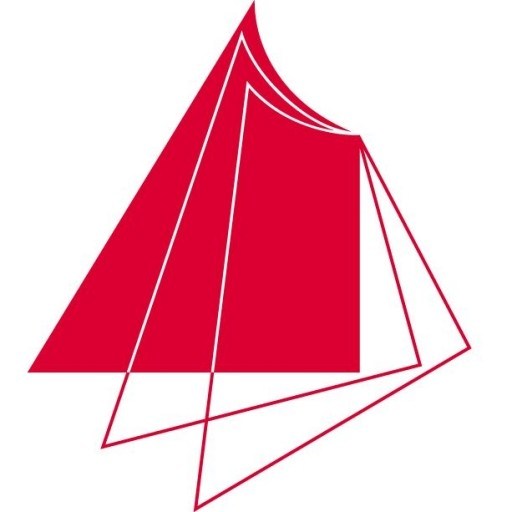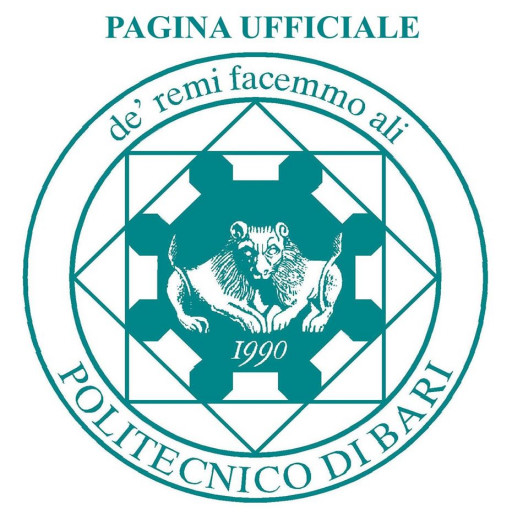Photos of university
The Master's program in Systems, Control, and IT at Université Grenoble Alpes offers an interdisciplinary and comprehensive education designed to equip students with advanced knowledge and practical skills in the fields of automation, control systems, and information technology. This program is tailored for students who are interested in the design, analysis, and implementation of complex systems across various industries including manufacturing, aerospace, robotics, telecommunications, and energy sectors. Throughout the course, students will explore core topics such as signals and systems, control theory, automation, robotics, embedded systems, cybersecurity, data communication, and software engineering. The curriculum combines theoretical foundations with hands-on projects, laboratory work, and internships to ensure students gain real-world experience and are prepared for professional careers or doctoral studies. The program emphasizes innovation and research, with opportunities to participate in cutting-edge projects alongside faculty experts who are renowned in their fields. Students will develop problem-solving abilities, system modeling skills, and the capacity to analyze and optimize technological systems. Accessibility to Grenoble's vibrant technological environment and strong industry partnerships provides students with invaluable networking opportunities and exposure to the latest developments in IT and control sciences. Graduates of this program will be well-qualified to assume roles in system design, automation engineering, software development, system integration, and control strategy management, or to pursue doctoral studies to advance knowledge in these dynamic fields. With a blend of theoretical knowledge and practical application, this master's program prepares students to succeed in a rapidly evolving digital and technological landscape, contributing to innovations that impact society and industry worldwide.
The Systems, Control and IT Master’s program at Université Grenoble Alpes is designed to provide students with a comprehensive education in the fields of systems engineering, control theory, and information technology. This interdisciplinary program aims to equip students with both theoretical knowledge and practical skills essential for designing, analyzing, and managing complex systems across various industries. The curriculum covers a wide range of topics, including automation, robotics, embedded systems, signal processing, cybersecurity, data analysis, and software development. Students will gain expertise in modelling dynamic systems, designing control algorithms, and implementing innovative solutions to real-world problems.
Throughout the program, students are encouraged to develop a deep understanding of system integration and optimization techniques, as well as hone their skills in programming, simulation, and experimental methods. The program emphasizes hands-on experience through laboratory work, project-based assignments, and internships, enabling students to apply theoretical concepts in practical settings. Collaboration and teamwork are integral parts of the learning process, preparing students to work efficiently in multidisciplinary teams.
Graduates of this program are well-prepared for careers in various sectors such as manufacturing, automotive, aerospace, telecommunications, and information technology. They can pursue roles in system design, automation, control engineering, data analysis, cybersecurity, and research and development. The program also provides a solid foundation for students interested in pursuing doctoral studies or careers in academia. By combining rigorous technical training with an emphasis on innovation and practical application, the Systems, Control and IT Master’s program at Université Grenoble Alpes aims to develop highly skilled professionals capable of addressing the technological challenges of today and tomorrow.
The Master’s degree in Systems, Control and IT (MiSCIT) at Université Grenoble Alpes offers a comprehensive curriculum designed to equip students with advanced knowledge and practical skills in the fields of systems engineering, control theory, automation, and information technology. Admission requirements typically include a Bachelor’s degree or equivalent in Electrical Engineering, Mechanical Engineering, Computer Science, or a related discipline. Applicants are expected to demonstrate a strong foundation in mathematics, programming, and system analysis. Proficiency in English is required for non-native speakers, often demonstrated through standardized tests such as IELTS or TOEFL. The program emphasizes interdisciplinary learning, integrating theoretical coursework with hands-on projects and research activities. Prior experience or coursework in control systems, signal processing, computer networks, or software engineering can be advantageous. Some prerequisites may include courses in linear algebra, differential equations, control theory, and computer programming. Applicants may need to submit application forms, academic transcripts, curriculum vitae, statement of motivation, and letters of recommendation. Selection is competitive, based on academic records, relevant experience, and the potential for research and innovation in the field. In addition, some programs may require an interview or assessment to evaluate the candidate’s motivation and aptitude. Overall, the program seeks motivated students with a strong quantitative background and a keen interest in developing intelligent control and IT systems that can be applied across various industries including robotics, automation, transportation, and information technology sectors.
The financing of the Systems, Control and IT (MiSCIT) program at Université Grenoble Alpes is structured through a combination of sources to ensure accessible education and sustainable development of the program. Typically, students enrolling in this master's degree can benefit from multiple financial support options. First, many students rely on government-funded scholarships and grants, which are available to eligible students based on academic excellence, financial need, or specific criteria such as nationality or residency status. These scholarships often cover tuition fees partially or in full and may also provide a stipend to assist with living expenses. The French government and regional authorities actively promote higher education access through various funding schemes, which students can apply for through national and institutional channels.
Secondly, for international students, the university offers specific scholarships aimed at promoting international mobility and diversity. These scholarships are often competitive and are awarded based on academic merit and motivation. Funding also comes from Erasmus+ programs if students participate in exchange agreements within Europe, allowing them to benefit from mobility grants that support their study periods abroad and cover part of their living costs.
Thirdly, many students finance their studies through personal savings, family support, or external scholarships from their home countries or private foundations. The university encourages students to seek part-time work opportunities in Grenoble, a vibrant city with numerous businesses and research institutions, which can help offset living costs during their studies.
Additionally, there are financing options available through student loans, which are accessible via French or international financial institutions. These loans often come with favorable repayment conditions and can be supplemented with income from part-time employment.
In recent years, the university has also developed partnerships with businesses and industries, offering internships and cooperative education (co-op) programs. These opportunities sometimes include stipends or financial benefits that contribute to the cost of studies. The university continuously seeks to expand its funding opportunities to support students and ensure that financial barriers do not hinder access to high-quality education in systems, control, and IT.
Overall, the financing of the MiSCIT program is a multifaceted system designed to support students' financial needs throughout their educational journey through a combination of scholarships, grants, loans, work opportunities, and institutional support programs, ensuring broad accessibility and the promotion of academic excellence in this field.
The Systems, Control and IT (MiSCIT) programme at the Université Grenoble Alpes is designed to provide students with a comprehensive understanding of modern systems engineering, control theory, and information technology. This interdisciplinary course aims to equip students with both theoretical knowledge and practical skills necessary for designing, analyzing, and managing complex systems in various industrial and technological contexts. The programme offers a detailed curriculum that covers core topics such as automated control systems, embedded systems, signal processing, robotics, cyber-physical systems, and advanced computing techniques. Students learn through a combination of lectures, laboratory work, project-based assignments, and internships, fostering both technical expertise and teamwork skills.
The programme is tailored to meet the growing demand for specialists capable of integrating control algorithms with IT solutions, particularly in sectors such as manufacturing, aerospace, automotive, and digital infrastructure. It emphasizes not only technical mastery but also innovation, problem-solving, and adaptive thinking in dynamic technological environments. The faculty comprises experienced researchers and industry professionals who bring current scientific advancements and real-world applications into the classroom. Students also benefit from Grenoble’s vibrant technological ecosystem, including collaborations with local companies and research labs, which facilitate internships and applied projects.
Graduates of the MiSCIT programme are prepared for careers in system design, control engineering, embedded software development, automation, and information systems management. They are also well-positioned to pursue further research or academic careers. The university supports students with career counseling, networking events, and partnerships with industry stakeholders to ensure smooth transition into the job market. Overall, the Systems, Control and IT programme at Université Grenoble Alpes offers a thorough, multidisciplinary education aimed at developing versatile engineers and researchers ready to address the technological challenges of the future.










